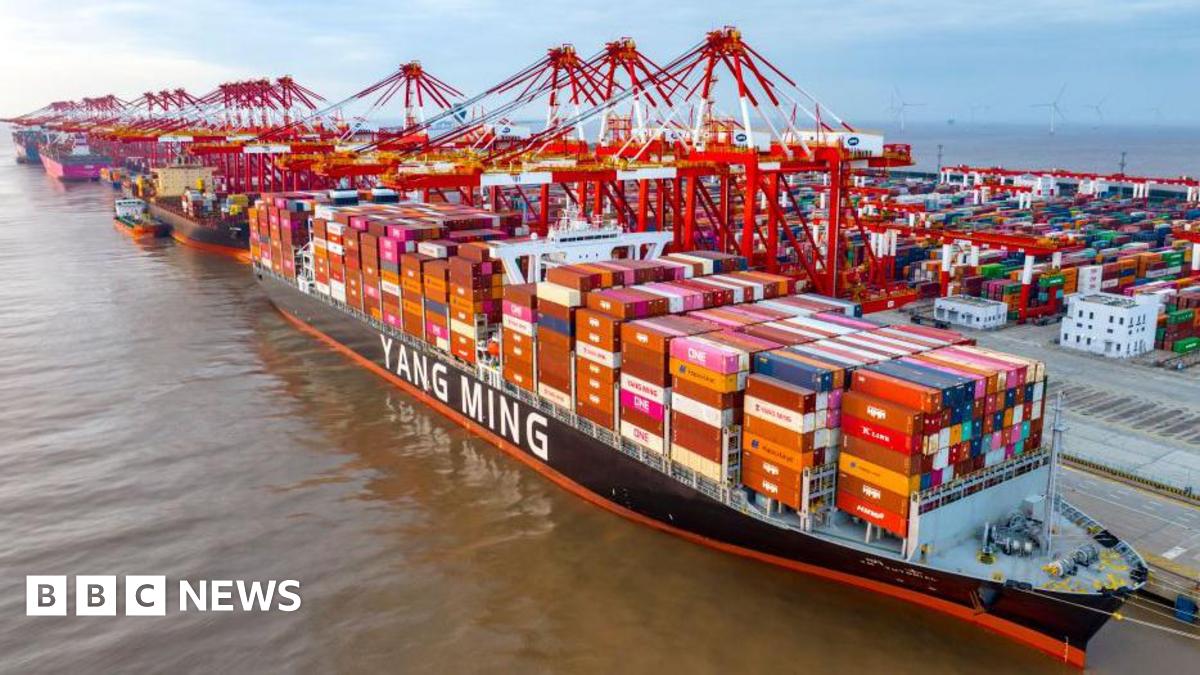With President Joe Biden leaving office soon, the Commerce Department is wrapping up loose ends, including allocating billions of dollars in subsidies to help build advanced chips on U.S. soil.
The Commerce Department will give Taiwan Semiconductor Manufacturing (TSMC) up to $6.6 billion in direct funding for three semiconductor manufacturing facilities in Arizona, according to a Friday press release. It will also provide an additional $5 billion in proposed loans.
By the end of the year, the company will already have $1 billion of the funding in hand, according to the New York Times.
The funds will supplement $65 billion in funds that TSMC has already pledged to develop chip manufacturing facilities in Arizona. The funding will create 6,000 direct manufacturing jobs and more than 20,000 total unique construction jobs, according to the Commerce Department.
The investment, which the Commerce Department called a “significant step” toward strengthening the U.S. economy and protecting national security, will be disbursed to the company based on its completion of project milestones.
“The leading-edge chips that will be manufactured in Arizona are foundational to the United States’ technological and economic leadership in the 21st century,” Commerce Secretary Gina Raimondo said in a statement. “Because of President Biden and Vice President Harris, the most advanced semiconductor technology on the planet will be made in America, creating thousands of jobs in the process.”
By 2028, TSMC is expected to produce in Arizona its most advanced chips which are used in the production of faster laptops and smartphones as well as in AI data centers.
The TSMC subsidies announced Friday were made under the CHIPS Act that was signed into law by President Biden in 2022. The deal comes after an April preliminary agreement between the Commerce Department and TSMC and follows months of due diligence.
The race to finalize agreements under the CHIPS Act comes as Biden prepares to leave office in January. President-elect Trump previously criticized the Chips Act during an October interview with Joe Rogan.
“All you had to do is charge them tariffs,” Trump said during the interview. “If you put a tariff on the chips coming in, you would have been able to—just like the auto companies, no different. More sophisticated, no different.”
While Trump has not explicitly said he would repeal the CHIPS Act, a key Trump ally, Speaker of the House Mike Johnson (R-La.) said earlier this month that his party “probably will” move to repeal the law before later walking back the statement.
The Trump transition team did not immediately respond to Fortune‘s request for comment.
The Biden administration is expected to finalize more grant awards in the coming weeks as the outgoing president looks to cement his and the Democrats’ legacy following a disappointing November election, the New York Times reported.
The Commerce Department did not immediately respond to Fortune’s request for comment.
Chip factories, like those being built by TSMC in Arizona, take years to build and production on the most advanced chips will not begin until well into Trump’s presidential term. Still, the effort to bring more chip manufacturing onshore may be beneficial to Trump as well.
Currently only about 10% of the world’s semiconductors are produced in the U.S., the Times reported. That number is a far cry from the 37% of chips that were once produced domestically just 30 years ago.
Credit: Source link











